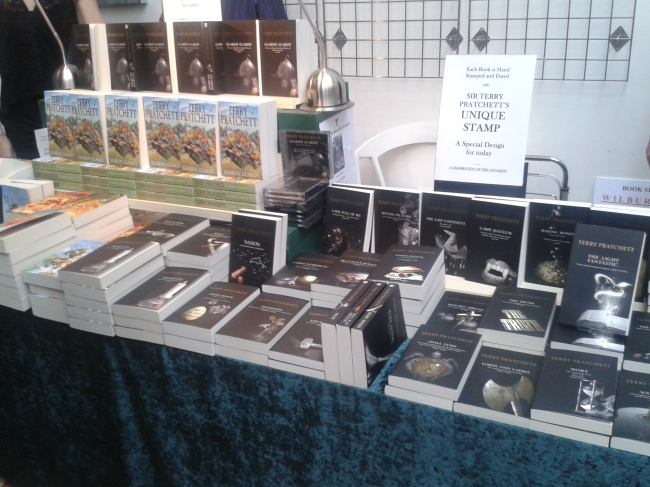Kazuo Ishiguro’s Never Let Me Go follows a group of students growing up at a school called Hailsham. None of the students come from or have traditional families… so they grow up among their peers and the Guardians of the seemingly idyllic institution. As Kathy H tells her story, we begin to learn that these students are somewhat different to ‘normal’ children. One of the Guardians, Miss Lucy, decides to abandon the rules and tells them the truth about their existence. They are fifteen years old when they realise their destiny has been set for them; their role in the world has already been determined. The students accept their fate and embrace the system in which they are part of and go about their lives until they are called up. Meanwhile, a rumour shadows their adolescence – and this idea follows them into adulthood. They begin to let themselves believe that there might be a temporary way out of their future and they pursue this welcome legend until the bitter end.
Never Let Me Go is a chilling story about people as machines and the predetermined path we often wind up following. Ishiguro’s novel is charged with anguish and tension, and with each page turned we are reminded of the vulnerability and fragility of life. Never Let Me Go asks piercing questions about humanity and about the role of the individual in society. Ishiguro holds up a dark mirror to the world and reflected back is a terrifying, dystopian reality. By the last page, you’ll go one of two ways – either your heart will break or your anger will surface.

